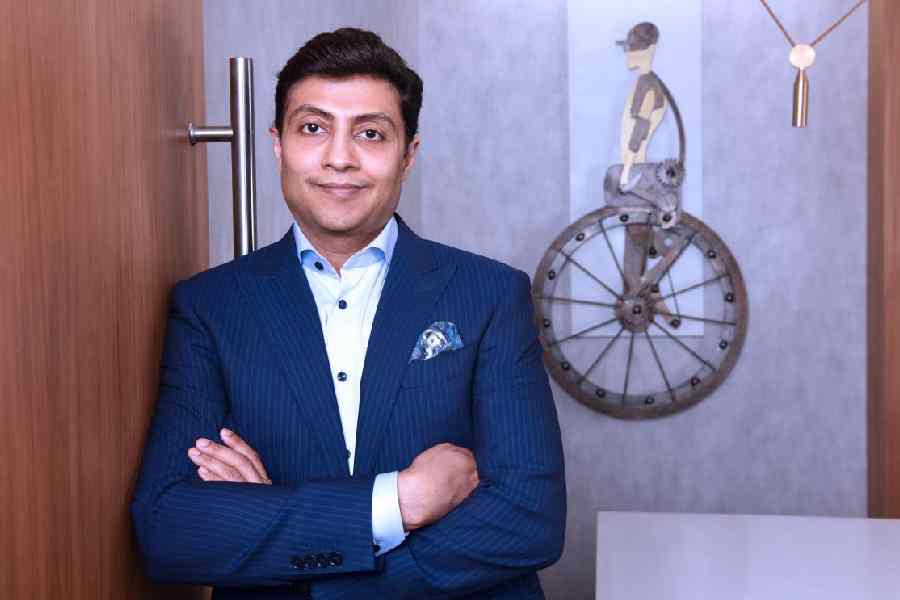City-based Jupiter Wagons expects an equal revenue mix between its wagon and non-wagon business within four years.
The non-wagon business includes safety systems, track components, electric commercial vehicles and high-speed brake systems.
“These complementary segments are on track to become a core part of our business, and we anticipate that non-wagon revenue will contribute approximately 50 per cent of our revenue within the next four years,” Vivek Lohia, managing director, Jupiter Wagons, told analysts at the second quarter earnings call of the company.
Railway wagons constituted 85.5 per cent of the company’s annual revenue at the end of 2023-24, according to the company's annual report.
As part of the company’s diversification strategy, its wholly owned subsidiary Jupiter Electric Mobility (JEM) has acquired Bangalore-based deep-tech company Log9’s technology and business assets in railway and electric truck batteries for around ₹40 crore.
The acquisition includes the engineering team and production facility at Bengaluru and enables JEM to make batteries in-house, the company told analysts.
Lohia said the acquisition was critical to the company looking to launch its commercial vehicles later this year. “If we had not bought Log9, it (battery systems) would have been a bought-out item for us. The margins would have gone to the industry, which is now captured in-house. Battery systems are close to about 50 per cent of the value of the trucks,” he said.
“The Railway buys I think close to anything between ₹1,000 and ₹1,500 crore of batteries every year, which is the non-lithium-ion batteries. We expect in the next four-six years, this will be transitioned to lithium-ion battery packs. So, the market is quite substantial,” he said.
The company has also recently won a contract awarded by Siemens for auxiliary batteries for Vande Bharat trainsets.
The company has rebranded Bonatrans India as Jupiter Tatravagonka Railwheel Factory and is setting up a greenfield plant in Odisha. “We will invest ₹2,500 crore to establish a new state-of-the-art facility in Odisha which will expand the annual capacity from 20,000 to 100,000 forged wheelsets.”
During H1FY25, the company has raised ₹800 crore through qualified institutional placement and the funds will be primarily used to establish the wheel and axle manufacturing plant. The company’s orderbook as of September 30, 2024, was ₹6,643.66 crore.










